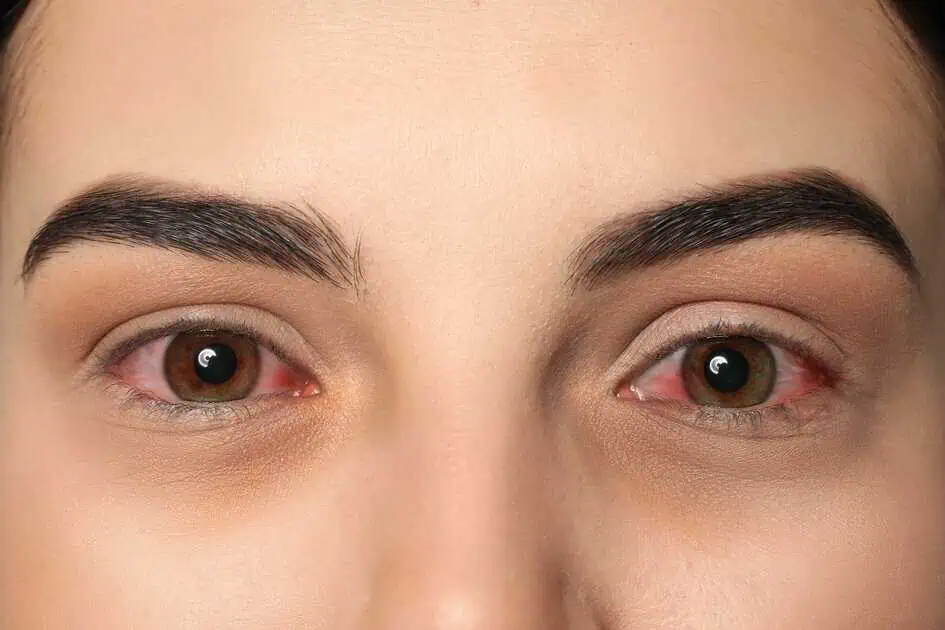
Visit Us Or Call Us Today
SCHEDULE YOUR APPOINTMENT WITH OUR EXPERT TEAM NOW

“I never saw it coming” – these five words capture the devastating reality for thousands of people with diabetes who lose their vision each year. With diabetic retinopathy claiming a new victim’s sight, this silent predator attacks without warning, often progressing undetected until permanent damage occurs.
While one-third of all people with diabetes develop this condition, many won’t notice diabetic retinopathy symptoms until their vision has already been significantly compromised. If you or someone you love lives with diabetes, what you learn in the next few minutes could be the difference between preserving your sight and facing a future in darkness.
Diabetic retinopathy is a serious eye condition that develops as a complication of diabetes. Having high blood sugar levels damages the blood vessels in the retina, the light-sensitive tissue that converts light into neural signals, allowing us to see.
The condition typically affects both eyes and progresses through several stages. Without proper management and treatment, diabetic retinopathy can lead to severe vision loss and even blindness. However, with early detection and appropriate care, the risk of severe vision impairment can be significantly reduced.
When diabetes is not well-controlled, elevated blood sugar levels can wreak havoc on the tiny blood vessels throughout your body, including those in your eyes. These delicate vessels are particularly vulnerable to damage, which begins a cascade of problematic changes:
This process develops gradually, so regular comprehensive eye exams are crucial for people with diabetes. Detecting changes early provides the best opportunity for effective diabetic eye disease treatment and vision preservation.
The most concerning aspect of diabetic retinopathy is that it often produces no symptoms in its early stages. As the condition advances, however, you may notice:
The absence of early symptoms highlights why it is crucial to have regular eye examinations for people with diabetes. By the time visual symptoms appear, significant damage may have already occurred. Through comprehensive dilated eye exams, an eye doctor for diabetics can detect retinopathy before symptoms develop and when treatment is most effective.
While diabetes itself is the primary risk factor for developing diabetic retinopathy, several other factors can increase your risk, including:
Knowing these risk factors can assist you and your healthcare team reduce your risk of vision complications.
Diabetic retinopathy treatment depends on the stage of the disease and the specific problems identified. The primary goal is to slow or stop the progression of the condition. If changes related to diabetic retinopathy are detected during an eye examination, a referral for specialized treatment may be necessary.
The good news about diabetic retinopathy is that vision loss can often be prevented with proper care and early intervention. The most effective prevention strategies include:
By implementing these fundamental strategies, you can slow disease progression and prevent further damage to the retina.
In addition, the importance of collaboration cannot be overstated. Working closely with your primary care doctor and an ophthalmologist ensures comprehensive care. Our team approach helps monitor your eye health regularly and address any possible issues promptly before they threaten your vision.
Finding specialized care for diabetic retinopathy in Cincinnati, OH, is essential for residents. Get expert care from professionals who understand the unique challenges of this condition.
Living with diabetes requires vigilance, but proper care and regular screening can protect your vision for years. For patients diagnosed with diabetic retinopathy, following medical advice and attending all recommended follow-up appointments is crucial to preserve vision and prevent complications. Remember that even with excellent diabetes management, regular eye examinations remain essential, as some retinopathy may develop over time.
Eyecare on the Square is committed to providing comprehensive diabetic eye care with the latest diagnostic equipment and treatment options. You will receive a personalized eyecare experience tailored to your needs. Our mission is to educate you, enrich your wellness, and enhance our society.
Don’t wait until you notice vision changes—significant damage may have occurred by then. Schedule a consultation today to assess your eye health and develop a personalized plan for preserving your vision.